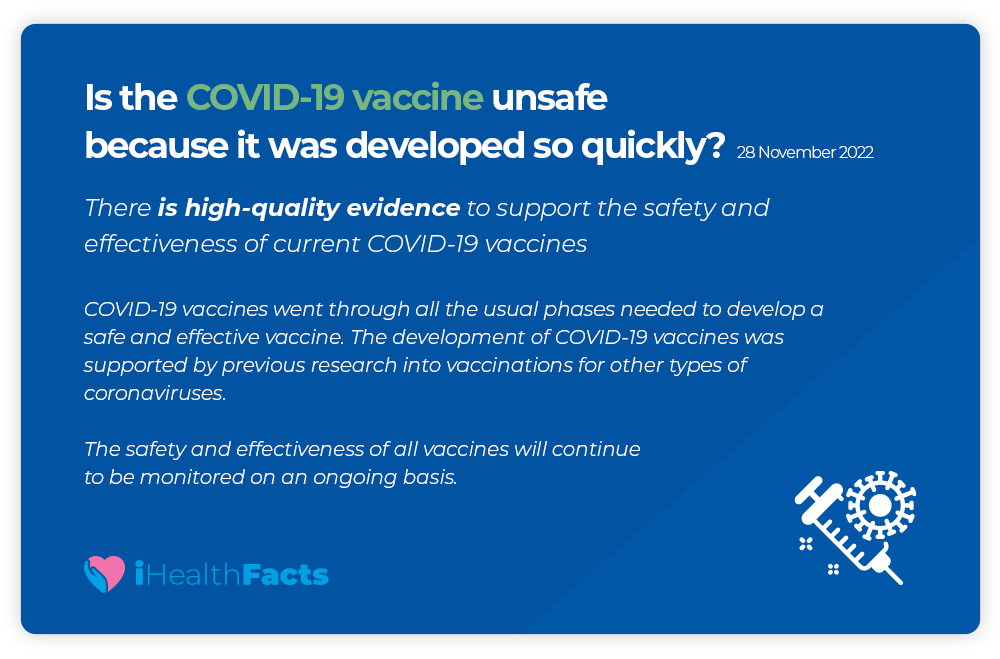- Lead Researcher: Dr. Petek Eylül Taneri, Post-Doctoral Researcher, University of Galway
- Reviewed by: Prof. Declan Devane, Professor of Health Research Methodology, Deputy Dean, College of Medicine, Nursing and Health Sciences, University of Galway; Scientific Director, HRB-Trials Methodology Research Network; Director, Evidence Synthesis Ireland. Director, Cochrane Ireland.
- Topic Advisor: Dr. Liam Glynn, Professor of General Practice at the Graduate Entry Medical, School of Medicine, University of Limerick, Chair of the North Clare Primary Care Team and Rural GP.
- Patient and Public Advisor: Ms Deirdre Mac Loughlin, Public and Patient Involvement in research (PPI) advisor, PPI Ignite, University of Galway
- Journalist Advisor: Dr. Claire O’Connell, Journalist, Contributor, The Irish Times.
Conflict of Interest Statement: The authors have no financial or other conflicts of interest for this health claim summary.
